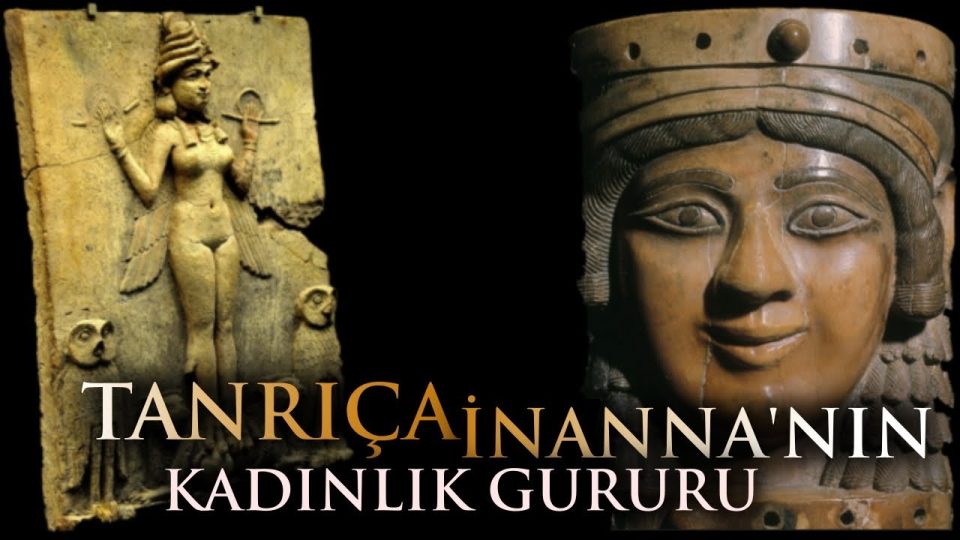The Dutch Revolt, also known as the Eighty Years’ War, was a significant event in Dutch history that began in 1568 and lasted until 1648. It was a war of independence fought by the Dutch against the rule of the Spanish Habsburg Empire. The causes of the Dutch Revolt were multiple and complex, and included religious, political, economic, and social factors.
One of the primary causes of the Dutch Revolt was the religious tension between the Protestant Dutch and the Catholic Spanish rulers. The Spanish Inquisition had been implemented in the Netherlands, and many Dutch Protestants were persecuted for their beliefs. This led to a growing sense of discontent and resistance among the Dutch people.
Another factor was the political tension between the Dutch and Spanish. The Netherlands was a wealthy and prosperous region, and the Spanish sought to extract as much wealth as possible from it. This led to high taxes and a lack of representation in the Spanish government, which further fueled Dutch resentment.
Economic factors also played a role in the Dutch Revolt. The Netherlands was a major center of trade and commerce, and the Spanish attempted to monopolize this trade, which hurt Dutch merchants and traders. This led to a desire for greater economic autonomy and freedom.
Social factors also contributed to the Dutch Revolt. The Dutch had a strong sense of identity and culture, and they resented the attempts by the Spanish to impose their language, culture, and way of life on the Dutch people.
The Dutch Revolt had significant consequences for both the Netherlands and the rest of Europe. The war resulted in the formal establishment of the Dutch Republic in 1581, which became one of the most prosperous and powerful nations in Europe. It also helped to usher in a new era of religious and political tolerance in Europe.
The war also had an impact on the Spanish Empire, which suffered a significant loss of territory and resources. It weakened the Spanish military and contributed to the decline of the Spanish Empire as a global superpower.
The Dutch Revolt also had broader implications for Europe, as it inspired other countries to revolt against their rulers and fight for greater political and religious freedom. It was a significant event in the history of Europe, and its legacy can still be felt today.












